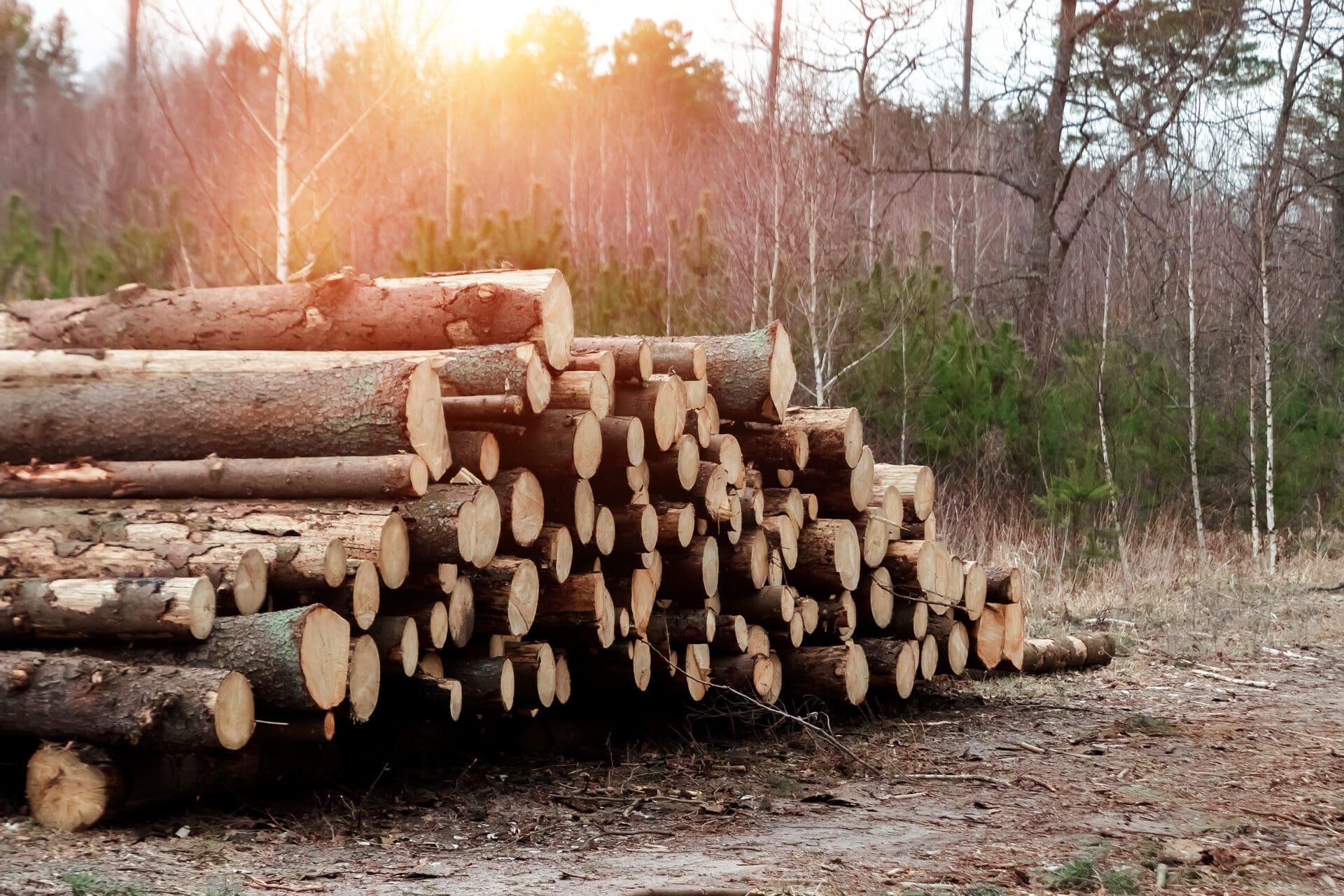Issues in Serbia
In Serbia, the military is now helping out with tree felling, as the state forestry company would otherwise be unable to meet the large demand for firewood. People who previously relied on other heating sources are now stockpiling wood. Retailers of firewood are attempting to meet the increasing demand by proportionally distributing incoming shipments among their clients.
This past weekend, Serbia experienced its first snowfall, which blanketed the higher mountain regions in a fresh layer of white. Serbians are working hard to secure their winter heating as the heating season approaches. Seeking to purchase coal, pellets, or firewood, people have flocked to lumberyards and solid fuel merchant depots. But this rush has been happening since spring, so it is hardly a new development. Due to the energy crisis brought on by the Russia-Ukraine war and Brussels’ sanctions policy, even people who normally use gas or electricity to heat their homes now want to acquire some firewood. As a result of the overwhelming demand, the price of firewood has risen. In Serbia, a cubic meter of wood costs between 8 and 12 thousand dinars, or about 70 and 100 euros. In May, the same amount of wood could be purchased for 6.000 dinars (about 50 euros), but lumberyards are now demanding twice as much. Because of the shortage of supply, Serbia’s military is also pitching in now to clear as much wood as they can from the country’s forests.
When it comes to pellets, the situation in the Balkan state is considerably worse. The government has set a cap on pellet prices due to the recent spike in the cost of fuel. The cabinet has ruled that the maximum price that merchants may charge per tonne is 38.000 dinars (320 euros), and that exporting the product is prohibited. Although the ruling caused the price to decrease, pellets have since vanished from the market and are no longer offered. Coal is also a commodity that is hard to come by these days.
The Serbian head of state himself emphasised that the upcoming period will be particularly challenging for his country and the region a press conference. Speaking on the occasion of conferring one of the highest Serbian state awards on Viktor Orbán 16 September in Belgrade, in recognition of the Hungarian premier’s continued support for the Balkan country, Aleksandar Vucic noted that he and Orbán agreed that the upcoming autumn and winter will be full of issues. The challenges will be mostly financial ones, but there will be other problems to address as well. For instance, the president opined that food shortages may be imminent in Europe.
Hungary Secures Firewood Supplies
As Serbian authorities struggle to secure enough fuel to heat their homes in the winter, the Hungarian government has taken precautionary measures in August to provide sufficient quantities of firewood and coal for the cold season. The government’s measures were strongly criticised by green and left-wing activists and many opposition parties. Rebutting the allegations, experts have confirmed that the upping of firewood production would not cause massive deforestation. Minister of Agriculture István Nagy has also highlighted that due to the war and the sanctions, gas will be scarce in the EU during the winter, therefore the Hungarian government must do everything in its power to provide the people with alternative heating sources.
The Hungarian government has also put in place a ban on exporting firewood, beside instructing forestry companies to increase their production. István Nagy has stressed that Hungary has two million acres of forests, constituting the most important natural resource in the country, and the government is committed to making sure that the forestry industry becomes a long-term investment. He has also underscored that the firewood demand in the country has been climbing since 2021.
In addition to the new regulations allowing more firewood to be produced, on 8 September, Gergely Gulyás, minister of the Prime Minister’s Office also announced that the government is going to subsidise the purchase of firewood and coal, and make acquiring wood directly from forestry companies at a capped price possible for private individuals. He added that every household will be able to acquire at least ten cubic meters of firewood, an amount that should last for the entire winter. On the subject of coal, he emphasised that the government is looking into ways to increase the domestic production.








